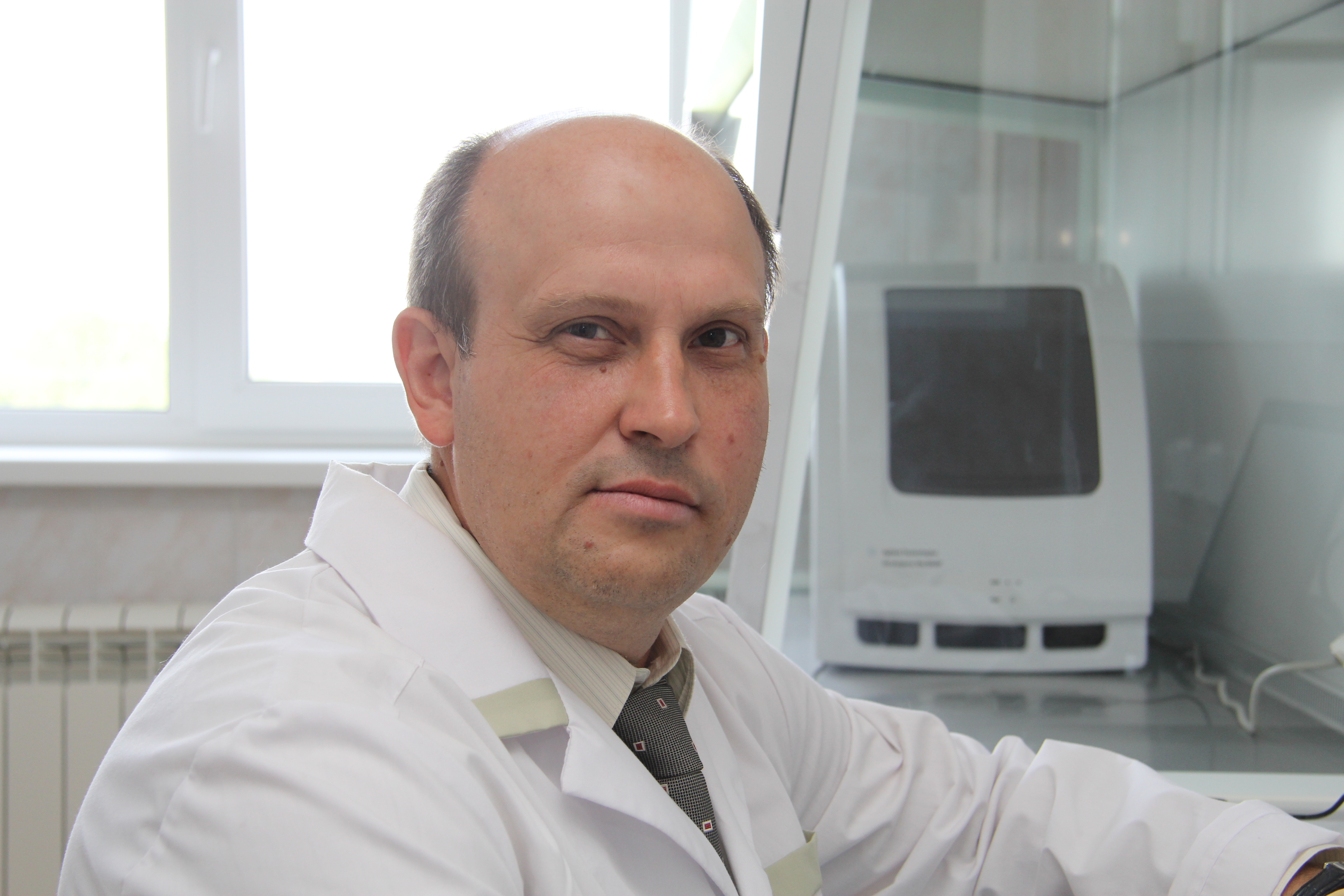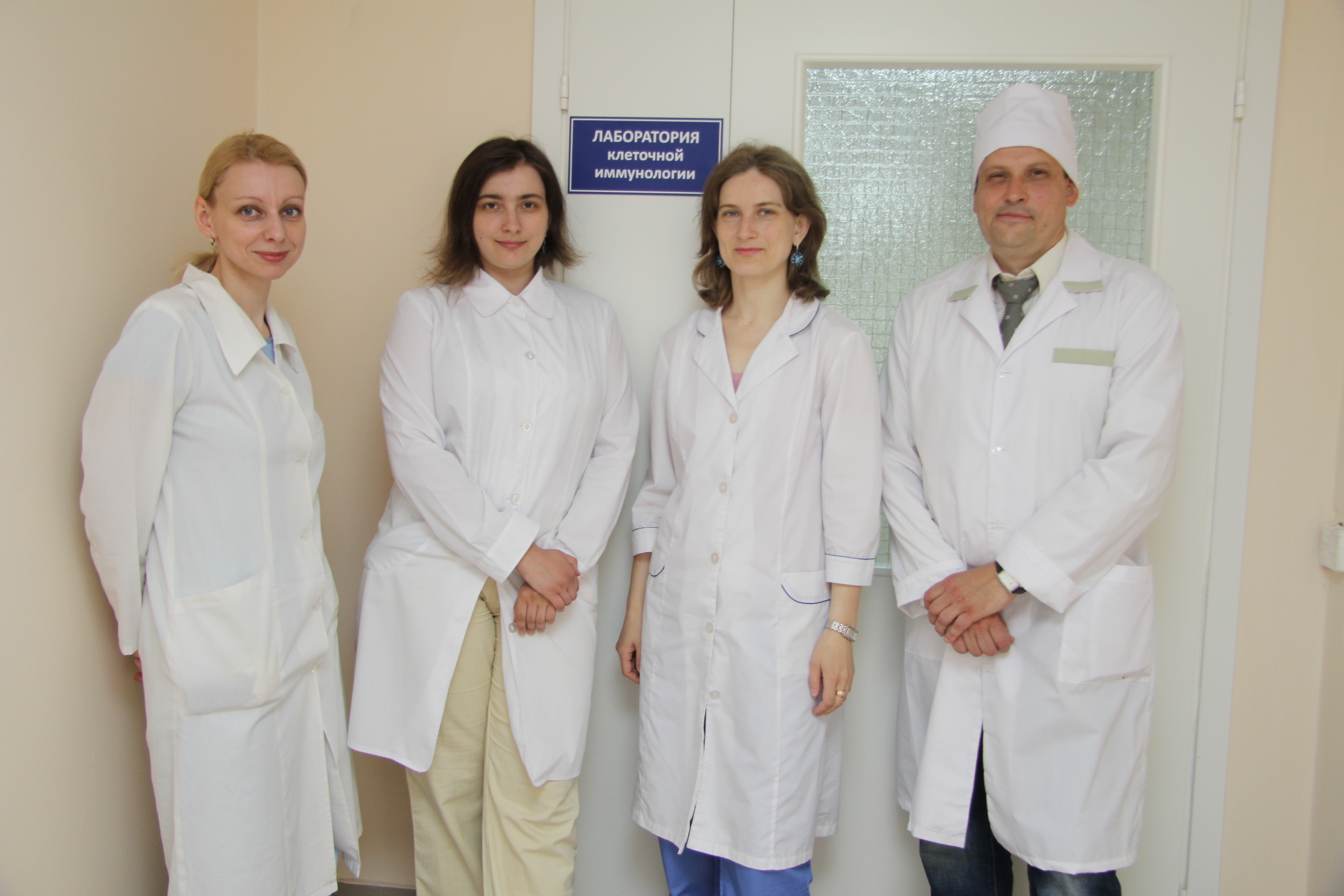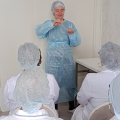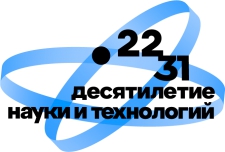Laboratory of Cell Immunology
Print versionHead of the laboratory – Doctor of Medical Sciences (DSc. in Medicine), Professor
Vladimir Yu.Talaev

The laboratory was established in 1998 on the basis of the laboratory of Mathematical Modeling of Immunological Processes. Currently, the laboratory is developing experimental models to evaluate the effect of vaccines on the cells of the human immune system, studying the molecular-cellular mechanisms of this action, as well as studying the characteristics of immune reactions in early childhood.
With the support of the Russian Foundation for Basic Research, the laboratory studies the processes of maturation, migration and interaction of various cells of the immune system using a large set of methods for isolating, purifying and cultivating subpopulations of lymphocytes, dendritic cells and cells of mesenchymal origin. During the experiments, many morphological and functional parameters of cells are evaluated, in particular, expression of genes and proteins (both on the surface and inside the cells), production of cytokines, cell migration. There is a rich experience of using complex multicomponent cultures of cells of the immune system and non-immune microenvironment.
Directions of activities:
- Development of experimental models to evaluate the effect of vaccines or their components on the cells of the human immune system in vitro.
- Study of the mechanisms controlling the processes maturation, migration and interaction of various cells of the immune system.
- Study of immune mechanisms involved in the pathogenesis and protection against infectious diseases
Laboratory achievements:
- For the first time, a number of principal features of T-lymphocytes in newborns in normal and pathological conditions were described, in particular, the increased sensitivity of T-cells to apoptosis and the paradoxical effect of the joint action of glucocorticoids and interleukin-7 on the reproduction and maturation of T-lymphocytes.
- The effects of human placenta trophoblast cells on T-lymphocytes and dendritic cells, aimed at preventing fetal rejection, were described.
- Methods have been developed for evaluating the effect of vaccines and their components on the maturation, functioning and migration of human dendritic cells.

Phone: +7(831) 469-79-48, 469-79-47 Vladimir Yu. Talaev, Olga N. Babaykina, Irina E. Zaichenko
E-mail: talaev@inbox.ru
Address: 603950, Nizhny Novgorod, Malaya Yamskaya st., 71, 6th floor.





